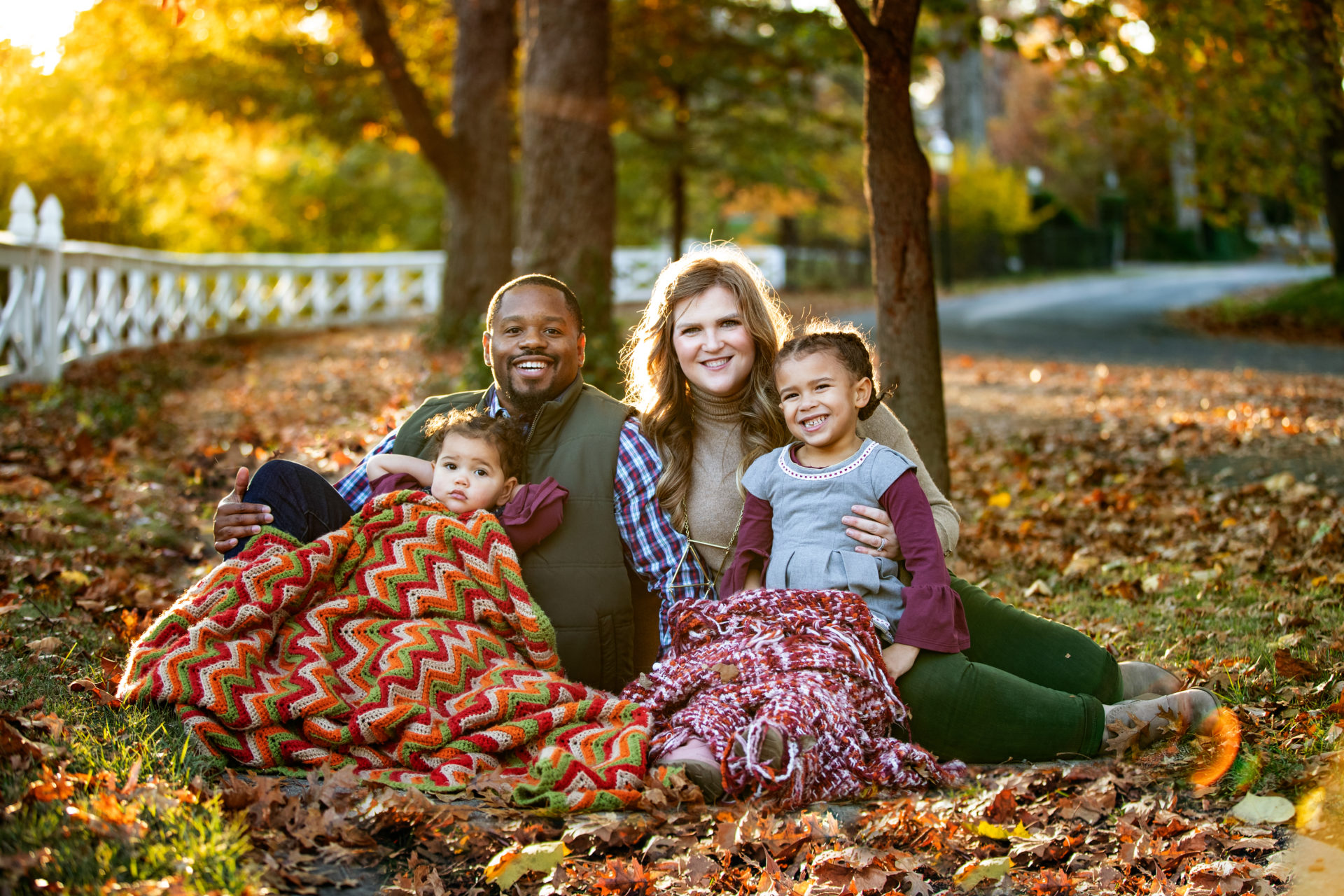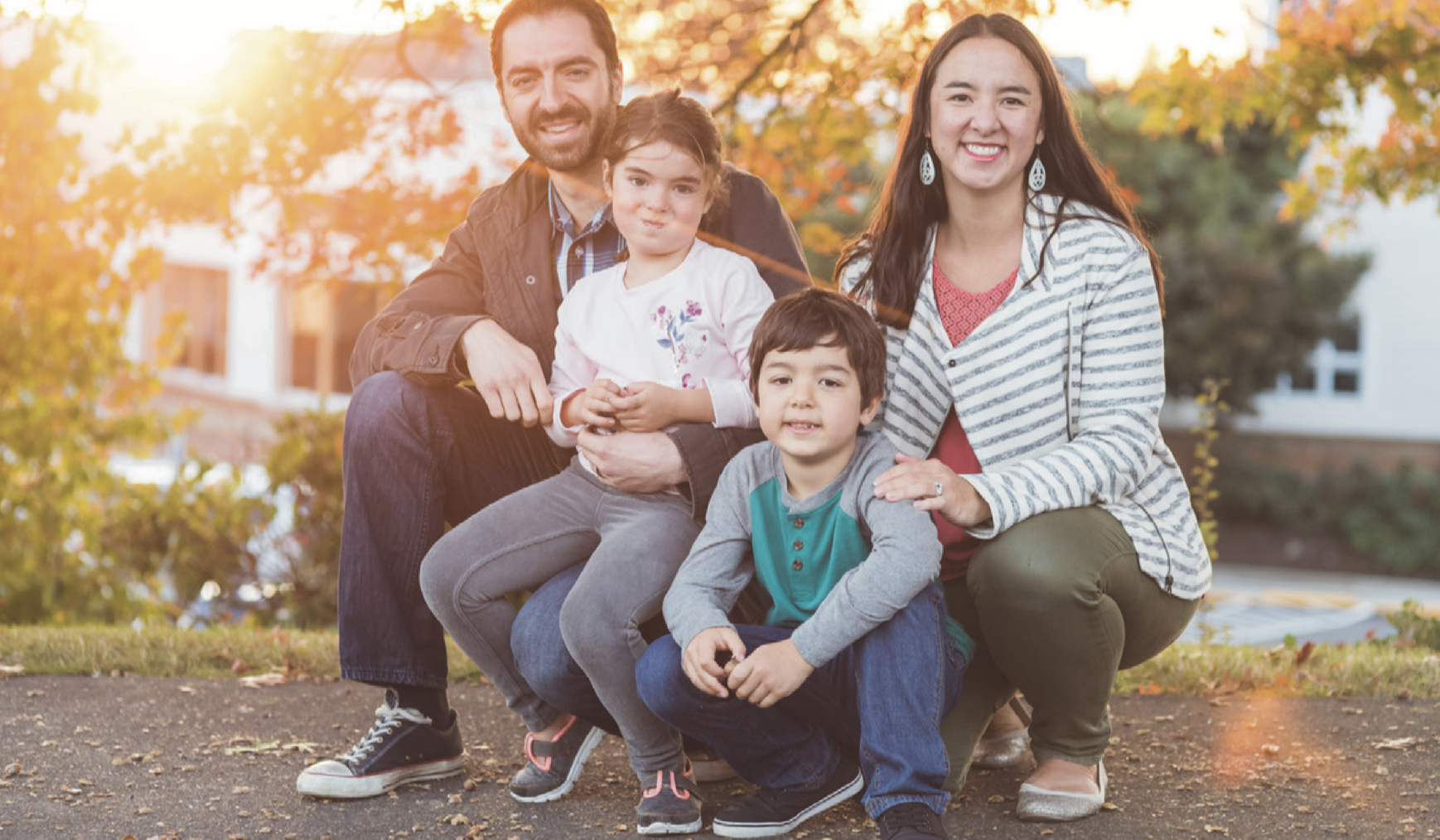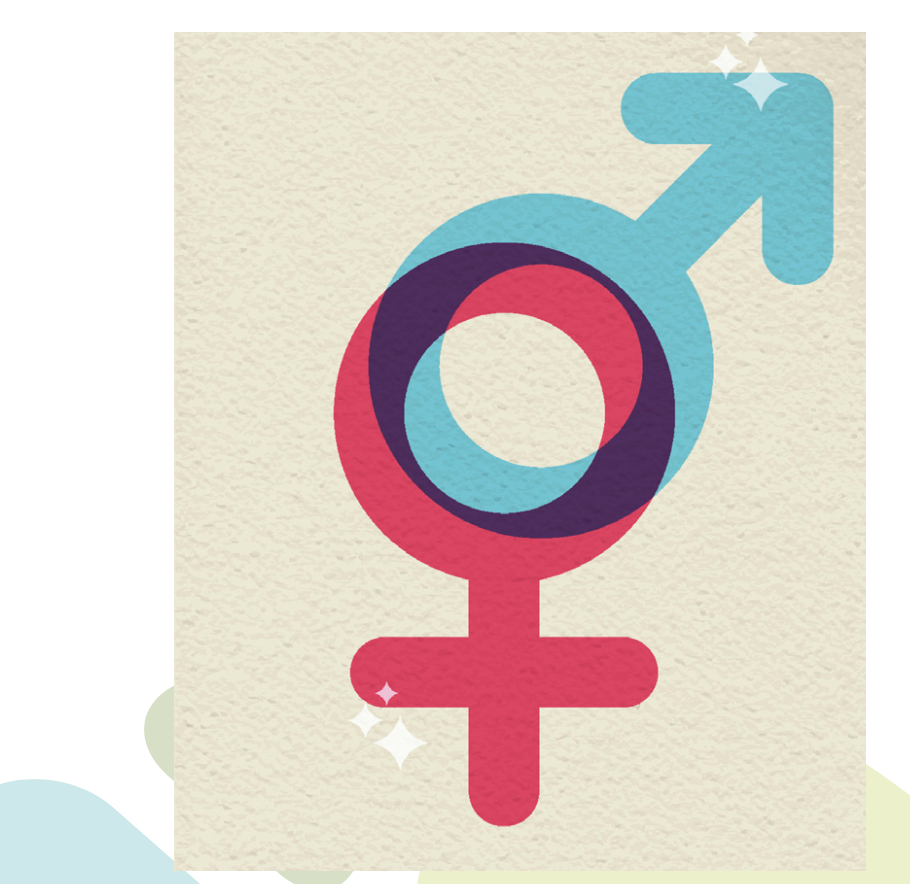Love, Race, and Responsibility

Love, Race, and Responsibility
Guest Blogger Katie Garry
My oldest child, a fresh five-year-old little girl, recently asked me unprompted, “why do people who are white and look like you sometimes laugh at people who are black or golden like me, [her sister] and Daddy, just because of the color of our skin?”
(“Golden” is what my husband has coined the color of the girls’ skin since it’s different than his black and my white skin.)
Concerned and alarmed that she’s already experienced racism at her young age, I asked her if that has ever happened to her.
Thankfully, she said no.
Then I asked her what she would say to someone if it did.
Her reply was immediate and matter-of-fact.
“I would tell them that that’s not nice and that we’re all unique in our own special ways and just because my skin is different it doesn’t make me not special.”
As a mother, I couldn’t have been prouder. And at the same time, I was broken.
______________________________________________________________________________________________________________
When I fell in love with my husband Ryan, and when we chose to commit our lives to one another, I thought I knew what I was getting into.
We met in college, and had dated for many (many, many) years and shared in some of the typical experiences of awkwardly meeting each other’s families, of love and loss, of dating at a distance and living together before marriage. We also experienced being profiled or stared down or having comments said about or to us. I experienced what it was like to be pulled over for DWB (driving while black) and witnessed firsthand the gross verbal mistreatment and degradation my then-boyfriend received.
I’ve been the only white person in a room and suddenly realized what it must feel like to be black living in a white world. (This is a humbling experience I think everyone should have.)
I knew navigating the world as an interracial couple would have its own set of challenges. I knew that my kids would have experiences that I couldn’t relate to because I would not share in their blackness. I knew some people wouldn’t like the idea of our family. And that they’d be sure to let us know it.
I also knew that I would never stop protecting my family. I knew I would always support them and help them in their growth and their goals.
I thought our future children would be beautiful — perfect blends of the best parts of both of us.
They absolutely are. They are also living in a world where the way they see themselves may not be the way other people see them. That someone may see only the kink of their curls and the tone of their skin and decide that they are lesser than. People may not see ALL of them.
The same way black people have not been seen for their whole selves for so long.
What I didn’t know is how much I would need to grow. How much I would need to learn. How much I would have to challenge the environment in which I was raised. The permeating ideals and naïveté that I held for so long. I now recognize as ignorance.
What I didn’t realize was that one day my children could be seen as “too white” or “too black” or “not white enough” or “not black enough.” A point I’ve recently introduced white family members to help illustrate the dangers of their “not seeing color.”
I didn’t realize how early the girls would notice the differences between their mother and their father and start asking questions. I didn’t realize I’d be reinforcing the beauty of my biracial daughter’s curls at the age of three, when she felt different because most other kids in her preschool class had straight hair or intricate braids. I didn’t realize all the work it would be to find books featuring and starring characters who looked like my kids.
I thought our love would be enough. Our love for one another. Our love for our family.
But guess what? It’s not.
Love is part of it, sure. But it’s a responsibility more than anything. In both your relationships and in parenting.
I am responsible for the thoughts I think, the ideals I hold, the words I say. I am responsible for the media I consume, the messages I hear and the ones I share. I am responsible for the jokes I let slide, the phrases I don’t correct and the micro-aggressions I don’t stand up to. I am responsible for my actions, for my beliefs and for my education.
I am responsible because they are watching. They are absorbing. They are listening. They are learning.
Regardless of if the black person you love is a partner, a friend, a co-worker, a family member, your child or your neighbor, I am responsible. And so are you.
Katie Garry lives in Glendale, Ohio, a northern suburb of Cincinnati. She is married to her college sweetheart. Katie is the white mother of two biracial daughters and is expecting her family’s third child. Katie works as a writer and creative consultant at her company KG Creative.




